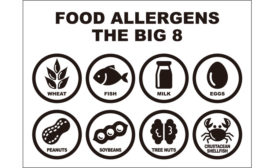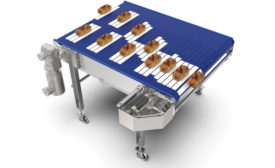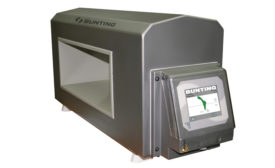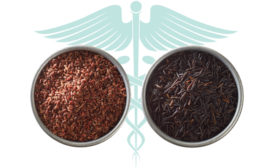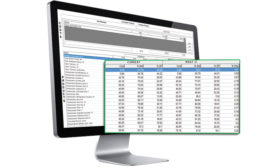Trends
Allergen control and training for snack and bakery production
Companies rise to the challenge of allergen control
January 20, 2020
What's in your sustainability tool kit?
Key considerations for brands and OEMs implementing eco-friendly packaging solutions
January 18, 2020
Understanding quality and safety considerations for cannabis-infused baked goods
Understanding ingredients dynamics is essential before entering the market for cannabis-infused foods
January 16, 2020
Hygiene, flexibility among top priorities for belt, conveyor customers
Customers want easy-to-use belts and conveyors that also maximize energy efficiency and durability.
January 15, 2020
Inspection/detection continues to advance in the snack and baking industry
X-ray, metal detection, checkweighing and vision systems improve quality control
January 13, 2020
ERP software improves features, product development for 2020
Companies look for efficiency and clarity in ERP software for the snack and baking industry
January 9, 2020
Increased demand for reduced sugar drives sweetening solutions
Keeping an eye on added sugars is the new normal
January 8, 2020
Keep the info flowing with our eNewsletters!
Get the latest industry updates tailored your way.
JOIN TODAY!Copyright ©2024. All Rights Reserved BNP Media.
Design, CMS, Hosting & Web Development :: ePublishing

